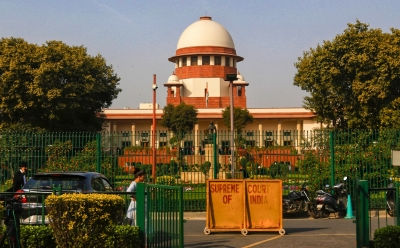The Supreme Court on Wednesday emphasized that the Election Commission of India (ECI) is solely responsible for overseeing the country’s election management, clarifying that the court cannot issue orders questioning the efficacy of Electronic Voting Machines (EVMs) and their integration with Voter Verified Paper Audit Trails (VVPATs) based solely on suspicions or private reports.
A bench comprising Justices Sanjiv Khanna and Dipankar Datta stated that it is not the court’s role to control elections or other constitutional authorities. Addressing petitions demanding 100% cross-verification of votes cast on EVMs with VVPATs or reverting to the ballot paper system, the court indicated that existing systems are sufficient. The bench asked, “Can we issue a mandamus on the basis of suspicion?”
The court’s stance follows earlier interventions where it instructed ECI to use VVPATs and increased EVM-VVPAT matching in 2019 from one to five randomly selected EVMs per assembly segment. The court mentioned that there is no evidence of hacking or tampering with EVMs, and skepticism alone is not enough to demand systemic changes.
The Supreme Court also noted that ECI had taken significant steps to ensure the integrity of EVMs and VVPATs, with detailed explanations provided by senior deputy election commissioner Nitesh Vyas. Vyas highlighted that EVMs are designed to be tamper-proof, with the micro-controllers being programmable only once, and that these programmes are destroyed during manufacturing. He also noted that EVMs are sealed in the presence of polling agents and remain secure for at least 45 days post-election.
Despite these measures, some petitioners continued to express doubts about the reliability of EVMs and the possibility of religious-based reservation in government jobs, leading to further political debate. The court, however, reiterated that it cannot directly intervene in the electoral process, suggesting that concerns over election management should be resolved through established legal channels.
The Supreme Court’s ruling underscores the need to balance public trust in the electoral process with the autonomy of ECI, while acknowledging that over-suspicion can undermine the legitimacy of the country’s democratic institutions.






